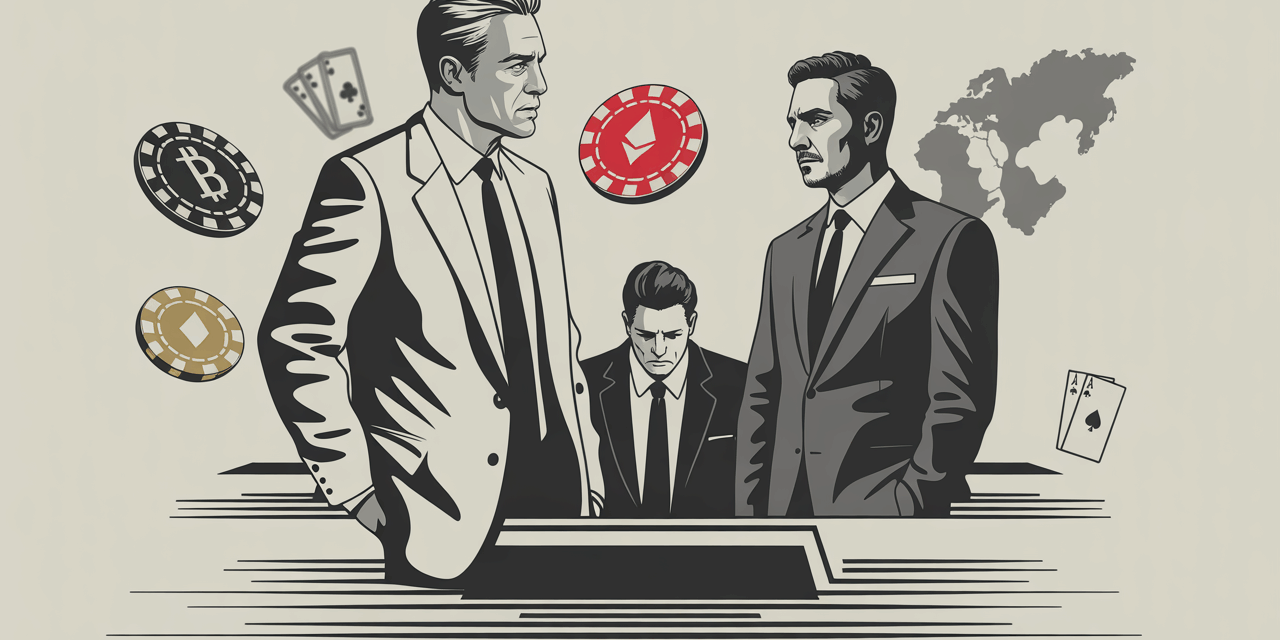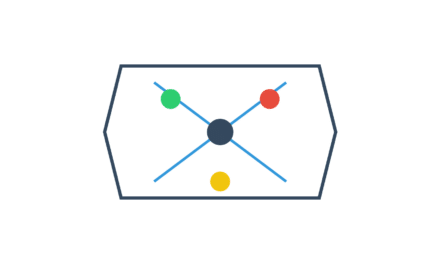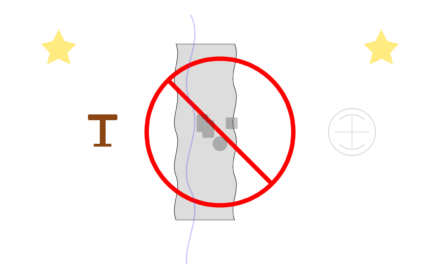The unnamed duo—a 40-year-old CEO and his 35-year-old deputy—aren’t the site’s owners, as earlier reports suggested, but they were the operational masterminds. Hired in 2021, the CEO pocketed a staggering €70,000 monthly salary, a figure that reeks of the gilded excess that defines iGaming’s wild west. When Cypriot police raided his residence, they unearthed not just wads of cash but €90,000 in cryptocurrency—digital ghosts perfect for laundering the fruits of illegality.
If irony had a jackpot, this would be it: a poker pro turned casino kingpin, now betting against the French justice system.
The probe, which echoes broader Europol efforts against cross-border cybercrime, traces back to July 2024. It started innocuously enough—disgruntled players flagging Cresus to France’s Autorité Nationale des Jeux (ANJ), the watchdog tasked with shielding citizens from unlicensed operators. What unfolded was a digital cat-and-mouse game straight out of a cyber-thriller. Cresus, ostensibly based in Cyprus and Curacao, wasn’t content with one domain; it spawned a hydra of mirror sites. Block cresuscasino.com? No problem—the admins fired up a clone and SMS-blasted links to French users. Web analytics revealed the smoking gun: nearly 100% of traffic from French IP addresses, clocking over a million visits monthly.
This wasn’t passive drift; it was predatory targeting, a blatant middle finger to ANJ’s blacklists.At its core, Cresus wasn’t a lone wolf but a fragmented empire: five interconnected platforms, each a shell company in tax havens, raking in an estimated €1 billion in revenue since 2020, with €350 million in profits. The 2025 haul alone? €190 million in turnover, €40 million pure profit. How? Affiliates in France funneled traffic, while YouTube influencers— one boasting 900,000 subscribers—hawked the site like snake oil. These digital pied pipers lured hundreds, only for players to cry foul over frozen withdrawals and vanished winnings. The documented victim losses? A modest €201,755 so far, but that’s the tip of an iceberg built on rigged odds and broken promises.
Grégoire Auzoux, the CEO codenamed « Mr. X » or « Grégoire O. » in early filings, embodies the toxic allure of this industry. A celebrated international poker player, Auzoux had banked over $3 million in tournament cashes, including a $1 million-plus score in Cyprus in 2023. From felt warrior to backroom operator, his pivot underscores a deeper malaise: iGaming’s porous barriers let high-rollers morph into high-risk hustlers. He wasn’t the owner, but as the on-the-ground architect since 2021, he’s the face of the fraud.If convicted, the pair face up to seven years in prison and €200,000 fines for organizing illegal gambling in an organized gang—charges that could balloon to 10 years with added money laundering counts. The investigation, a multinational tango involving France’s Anti-Cybercrime Office (OFAC), Maltese and Cypriot forces, and Europol, exposed a web of four sister sites: Jackpot Bob, Lucky 8, casino-privé, and Olympecasino. Perquisitions in Cyprus yielded seized accounts and hard drives, courtesy of Eurojust coordination.
It’s a rare win for enforcement, but one that begs the question: how many more Cresus clones lurk in the dark web?
The Rot at iGaming’s Core: Beyond the Bust
Disclaimer: This article and its accompanying images may have been enhanced using AI tools to ensure smoother content delivery and visual appeal.





